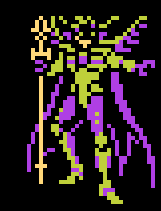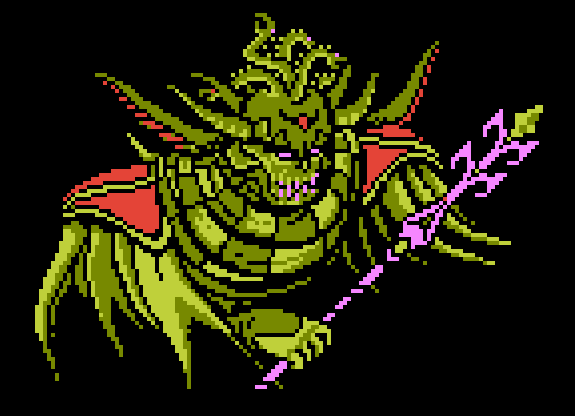Ok, new monitor, so I can actually write stuff again. Let's see.
FF X-2
When replaying it recently, I got addicted to it. The mission-based structure did REALLY work for me. I was done with the game in two weeks, maybe less. That said, I only got through one playthrough.
I love the development of Yuna, and how she just keeps growing and growing, in this new environment of freedom. We learn, that she is a leader, even without the restrictions of Yevon. We learn, that she is totally able to be goofy and silly, and have fun with all kinds of nonsense. It's beautiful, seeing her develop, and already not being that girl that would apologize for everything. It's great. I wished the NG+ would have worked for me, as I feel like I'm missing a crucial part of the game, but oh well.
I generally love, how the first direct sequel goes into the opposite direction from the one before as hard as it could. Even if I didn't like the game, I would appreciate it just for that.
The mood is great, everyone trying to move ahead, finding their new place in the world, and things simply opening up. It's just pure, distilled fun, especially when the Gullwings are goofy. Oh, and LeBlanc, of course, is a joy. I love this trope of a character, the lighter antagonists, who become allies as the real villain appars.
FF II
Thanks again, everyone who here played the game and made clear that everything the Internet says about it is wrong. I remember Peklo, but there were others too. I'm glad that I got to experience this fun game.
That info, that you have to hit yourself, is not only wrong, but also detrimental, probably the worst advice I've ever heard about a game. It's still a dungeon crawler, and, after you waste time doing the most boring grind imaginable, the dungeons have no teeth and are therefore just boring.
Sorry, had to get that out again. For active positivity, a small thing that I love is the inclusion of the first Chocobo, who plays a cute game of hide and seek with you, without much of a point - it's just a cute thing, to let you ride around on a cute bird.
Aside from that, the mood is great, if you let yourself get into it, you get a very grim world, that is fighting the last fight against being taken over be Hell. And even after taking the Emperor down, there is still more to come.
Just take a look at this guy.
Great design. The colors make him look sick, the face is nearly completely black, aside from the sickly-shining eyes. He looks more like a skeleton than a person. And then, you get his final form:
Look at this sprite, it's amazing. Not quite on the level of the Cloud of Darkness, but that game came later, so fair enough. These big NES FF sprites are great, aren't they?
The Emperor is, indeed, a great villain. So much more on top of things than anyone after him. Which is part of the story still being minimalistic, but I feel like he is a great, terrifying presence during the whole game, until he is finally taken down. A second time, after he took over Hell. Which, as others mentioned, what a move.
Even if one doesn't like the game, I think there is a lot to appreciate. And I think people have started to realize that, with the argument changing from "this sucks" to "I don't like it, but I appreciate what it did, as a whole and for the series".
Oh, and this feels like the first real FF game to me. And it laid the groundwork for how the story in these games would work, at least from IV onwards. There is always, I think, an evil Empire, with a resistance that fights against it, and basic Star Wars references. VI is not too different there from IV. It's an absolutely essential game in this series.
FF XIII
I have put this at the bottom of my list, together with XII, but only because they are the only ones I haven't replayed for my project yet, and my opinion feels uneducated.
I did enjoy my one playthrough very much, and remember really feeling the horror of being chosen by the gods, when the group gets to Palomporom, being hated by everyone. It was a great moment.
The other moment I remember is, when I realized how intense the contrast was between Cocoon and Pulse, and what it meant for the world. I don't remember details, but it stuck.
I enjoyed the battle system a lot. Especially the first half, where you get assigned groups and have to work with that. I could really take more of this, it is one of the things I DO like a lot about IV.
Certainly looking forward to replaying it. I did enjoy all the characters, I think it's a great set.

